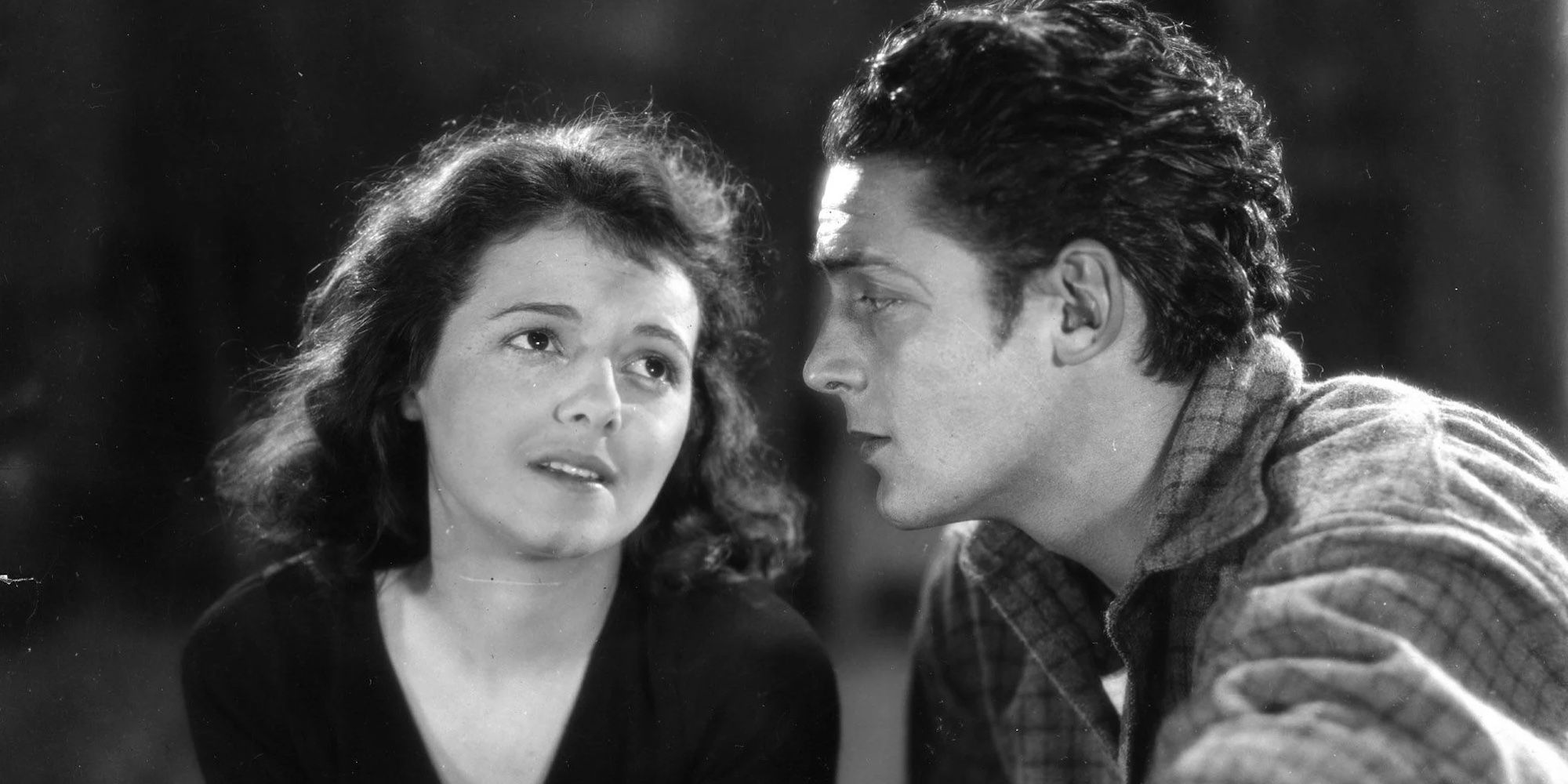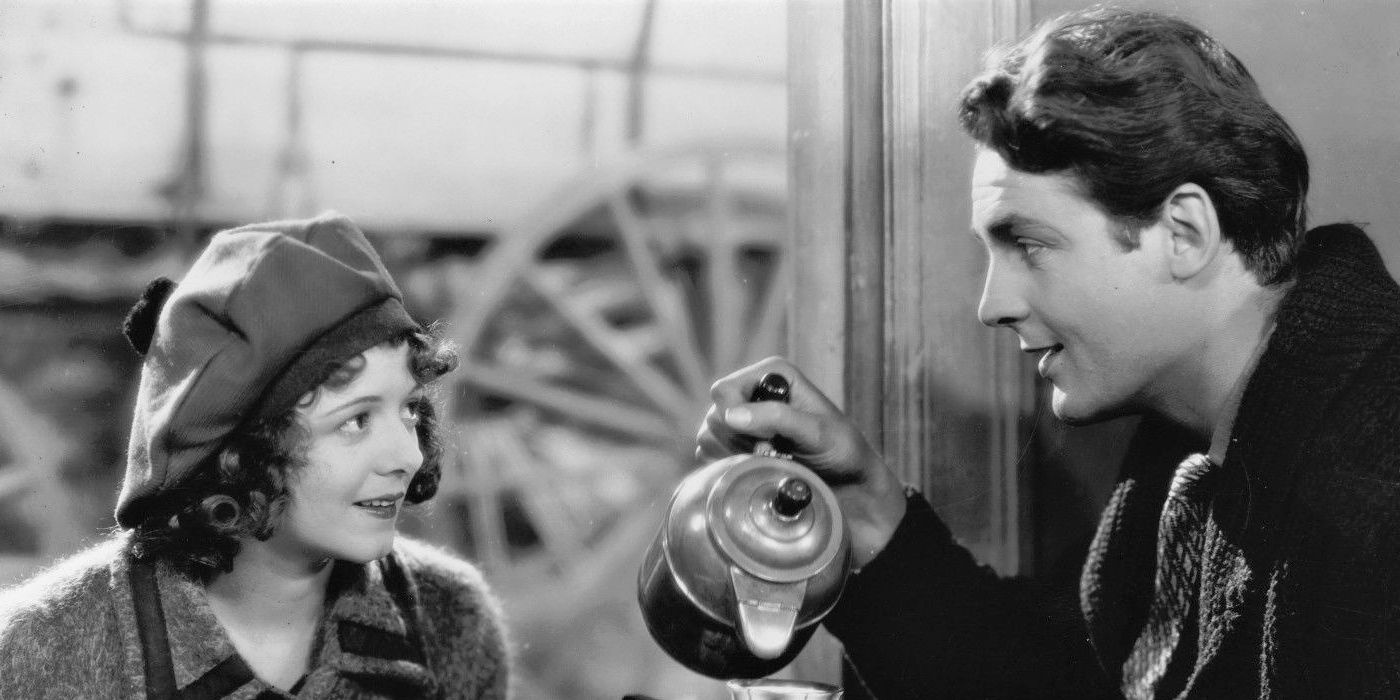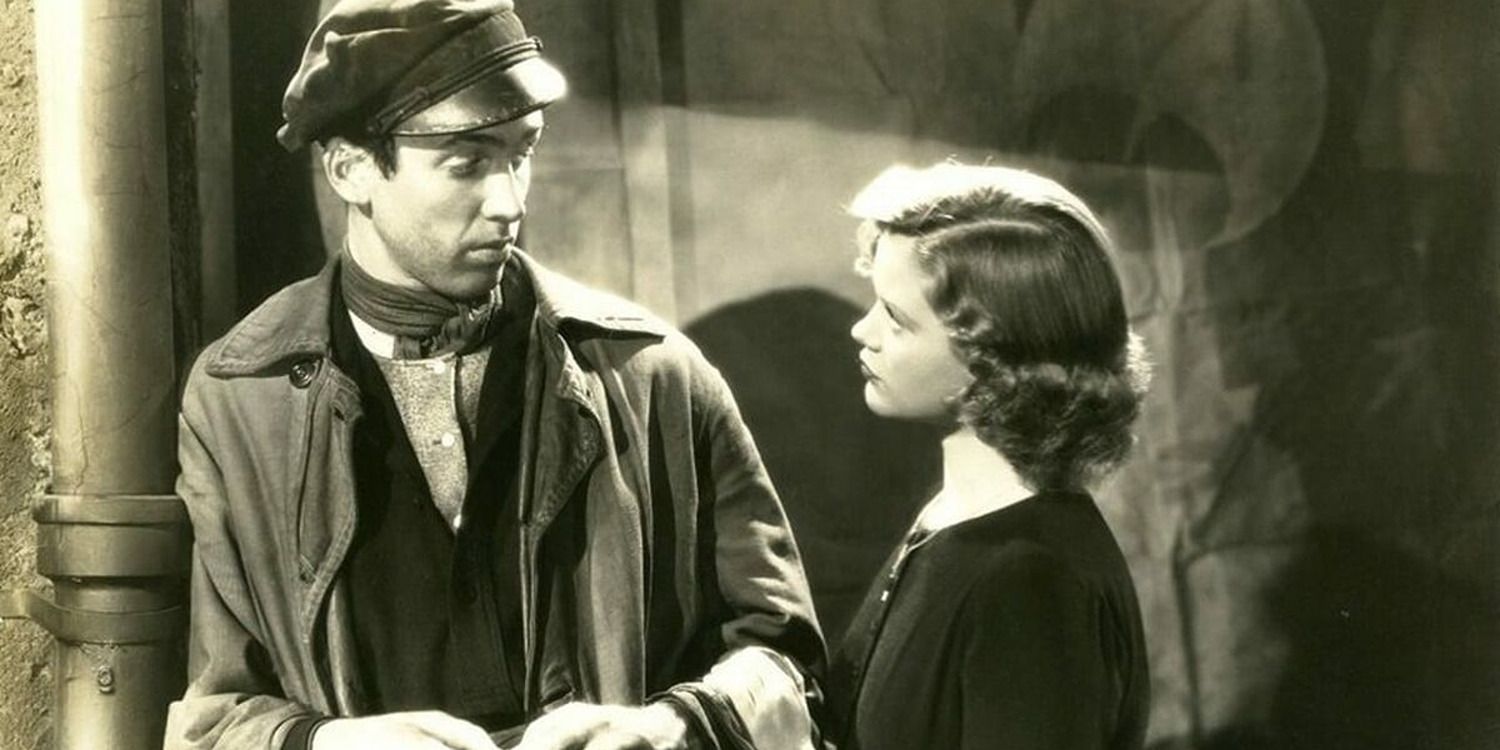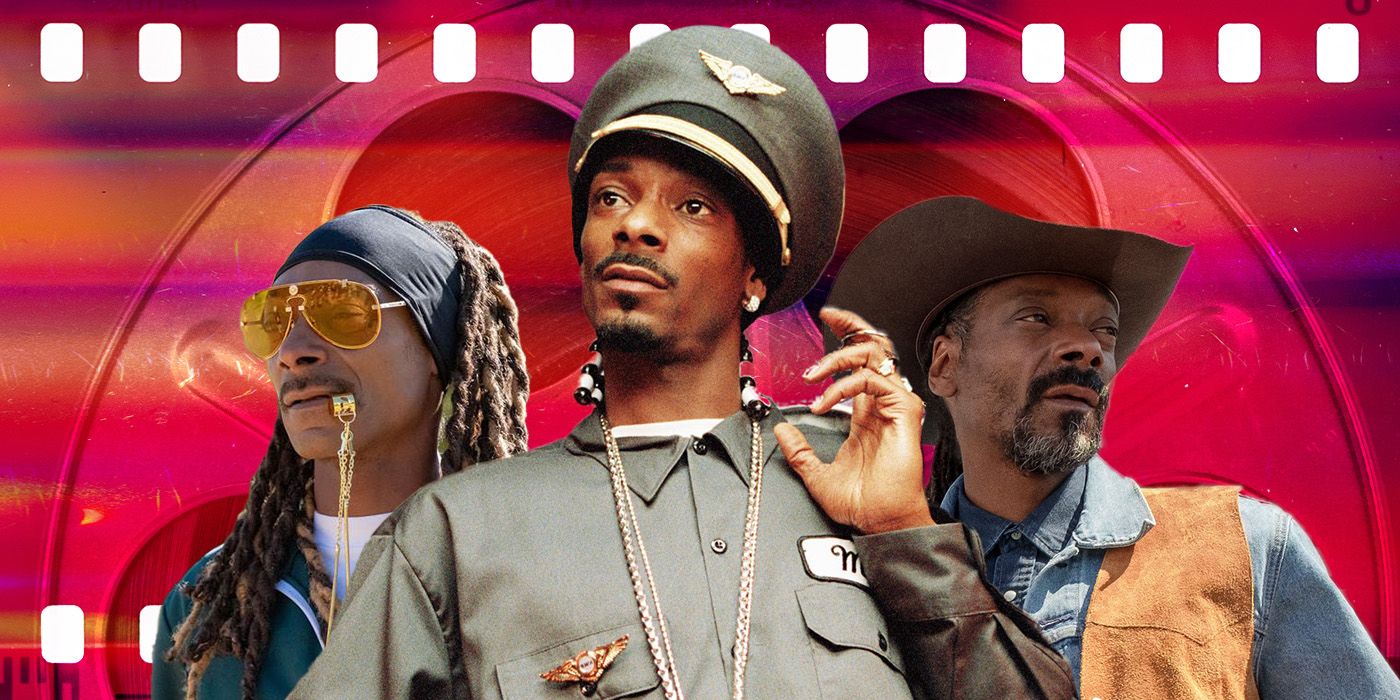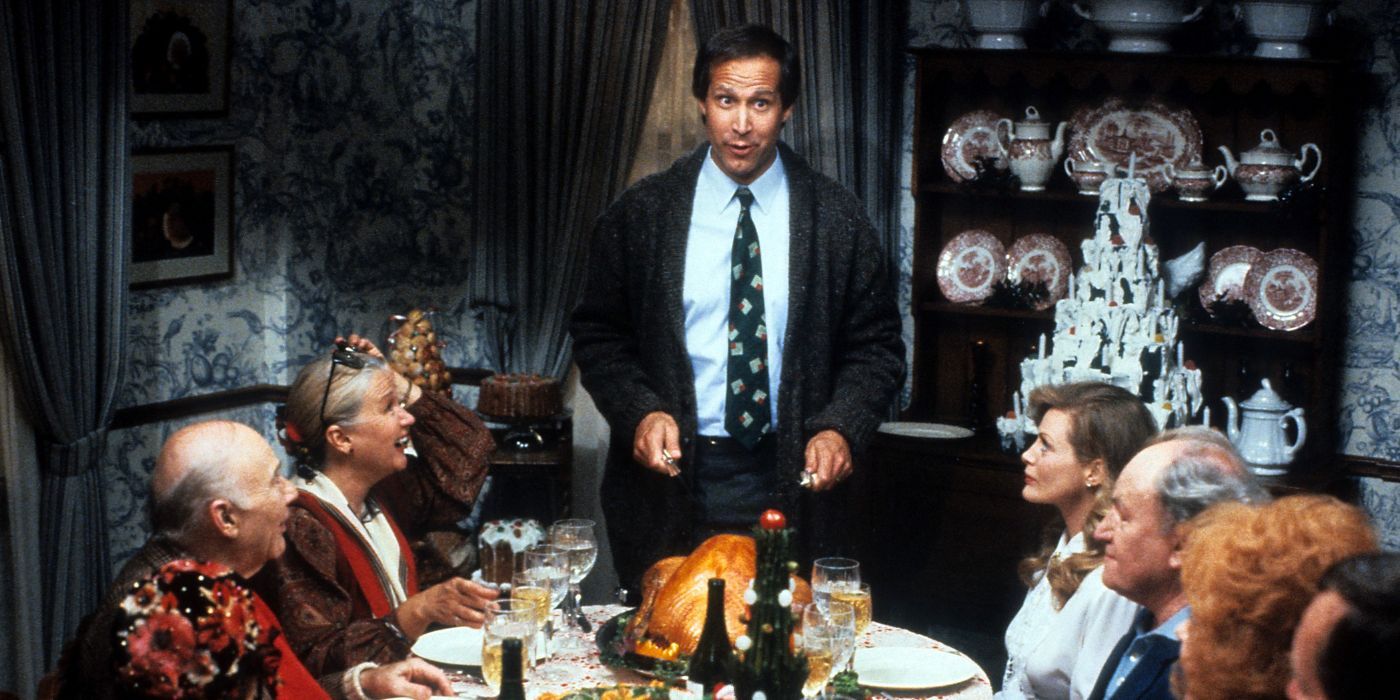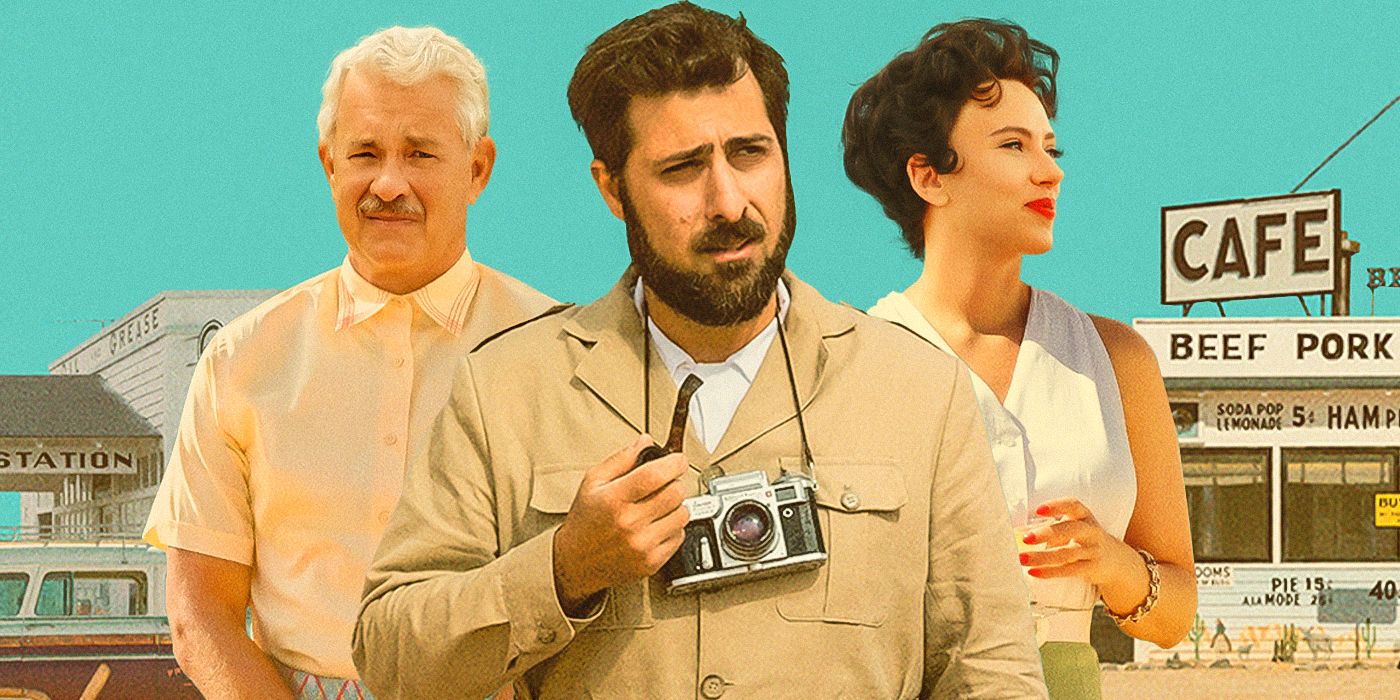The Big Picture
- Romantic dramas have a strong history of success at the Oscars, with many Best Picture winners falling into that genre.
- Director Frank Borzage’s skilled direction in
7th Heaven
elevates the material above melodrama through chemistry and visual storytelling. - Janet Gaynor’s performance in the film showcases the power of subtle acting, earning her the first-ever Best Actress Oscar.
If you wanted to create a formula that would raise the chances of your film getting Oscar consideration, it isn’t often you’d go wrong with a romantic drama. Many of the past Best Picture winners have fit nicely into that genre slot, from the high tides of Titanic to the tightly constructed exchanges of Casablanca, and even looking at past nominees will present you with a wide array of them. This is far from a recent trend, as the Oscars have seen fit to reward romantic dramas as far back as the literal inception of the ceremony, with 7th Heaven. A melodrama of the highest order, it’s a perfect slice of the kind of high-stakes morality play that early cinema made its bread and butter off of. It’s a film that has not only aged nicely as an engagingly told tale that helped define the word “epic,” but it also led to two of the first-ever major Oscar wins in the Academy’s storied history.
7th Heaven (1927)
A street cleaner saves a young woman’s life, and the pair slowly fall in love until war intervenes.
- Release Date
- October 30, 1927
- Director
- Frank Borzage
- Cast
- Janet Gaynor , Charles Farrell , Ben Bard , Albert Gran , David Butler , Marie Mosquini , Gladys Brockwell , Emile Chautard
- Runtime
- 110 Minutes
- Main Genre
- Drama
- Writers
- Austin Strong , Benjamin Glazer , Katherine Hilliker , H.H. Caldwell
What is ‘7th Heaven’ About?
In 7th Heaven, Chico (Charles Farrell) is a lowly sewage cleaner who’s quite miserable about his day job but has big dreams of moving on up in the world. Diane (Janet Gaynor) is a poor woman forced into sex work under the rule of her abusive sister Nana (Gladys Brockwell), yearning for a life of comfort and security. After getting thrown out of her home and beaten by Nana, Diane gets coincidentally saved by Chico, who begrudgingly warms up to her after she attempts suicide, and he attempts to talk her out of her hopeless stupor. This gets interrupted when Nana returns with the cops, looking to shift their interest in her to Diane. But Chico steps in, claiming that Diane is his wife, and he and Diane team up to fool the authorities, so Diane will have a place to stay until she can figure something else out. This leads to relatively sincere domestic bliss, inevitably developing into real love, until the pesky irritant called World War I rears its head. With Chico getting drafted into action, it will prove to be the ultimate test of their newfound love.
Frank Borzage’s Direction Makes the Film Rise Above Its Melodrama
If this sounds like the setup for any number of future romantic comedies, you wouldn’t be wrong. While the film does leave room for small bits of levity, it largely contains an episodic plot built around the chemistry between Farrell and Gaynor as the two grow to become more fond of each other. In an era of filmmaking that was largely defined by histrionic acting seeking to boil all emotion down to a primal level, director Frank Borzage creates an “opposites attract” dynamic between Chico and Diane. Chico is a big blowhard who’s deeply untrusting, denies his feelings, and forces himself to put on a machismo facade, thanks in part to bad prior experiences with religion. Diane, on the other hand, is a flower slowly blooming petal by petal, gradually opening to be loved, and eager to show her appreciation for Chico.
Future versions of the gradual buildup of a romance will come to rely more on overt friction, but Borzage is more interested in seeing these two be comfortable and respectful of each other while going through an admittedly rushed warming-up process. The plot element of having to trick the police is largely ditched in favor of watching the two lead a picture-perfect home life, only slightly marred by Chico’s occasional outbursts of mistrust and Diane’s clinginess. It’s when war disrupts their relationship that Borzage’s Best Director win really starts to make sense.
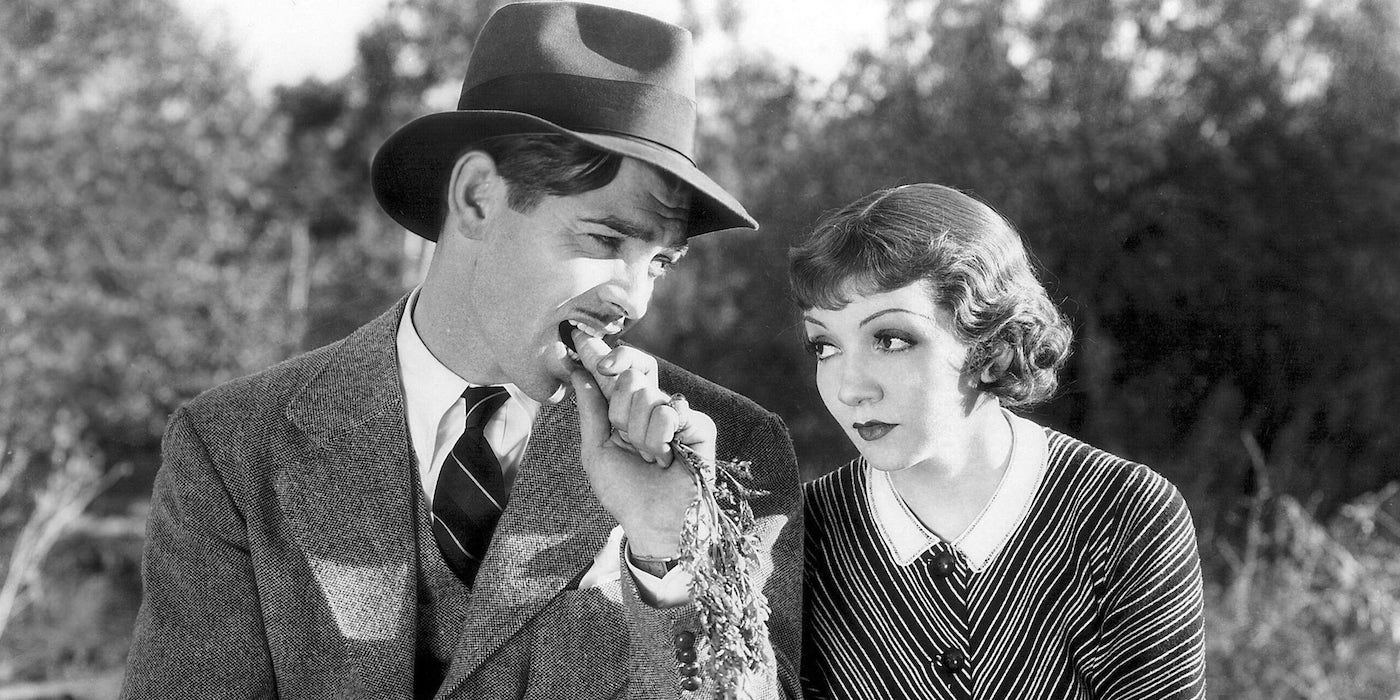
The First Film to Sweep the Oscars Is Also One of Hollywood’s Greatest Rom-Coms
The 1934 classic was the first film to win the so-called “Big Five” Academy Awards.
The last quarter of the film is taken up by parallel plotlines, showing Chico’s actions in the war in tandem with Diane’s contribution to the war back home. The battle scenes are staged with bold visuals of trucks lining swerving roads and tattered foxholes that evoke All Quiet On the Western Front just four years before that future Best Picture winner’s existence. Not to mention how the film uses a cross-fade in a bravura sequence where Chico and Diane pray for each other’s love at the same time, even in the same position, brought together despite an entire ocean separating them. Combine this sequence with an earlier one where the camera follows Chico and Diane up a flight of stairs toward his apartment for the first time in one smooth vertical tracking shot, and it shows how Borzage was seeking to broaden the horizons of what cameras could do so early on in the film industry. It makes sense that he would be so committed to boundary-pushing, considering he’s the same filmmaker who’d later helm a film about the evil of the Nazi party an entire year before America even entered the war. Borzage may not have gone on to have a career on the level of his contemporaries, but his highlights speak to an artist who was adept at blending genres and getting to the heart of his stories.
‘7th Heaven’ Won Janet the First-Ever Best Actress Oscar
Frank Borzage’s direction may have elevated the material above its theatrical trappings, but it’s Janet Gaynor who brings the beating heart. Most of the film is a two-hander between her and Charles Farrell, and their difference in performance reflects how the dynamic between Chico and Diane functions. Chico is an insecure windbag, and Farrell displays that by giving a more standard silent film-era performance: loud faces, gesticulating limbs, and big gestures, all playing to the back row of his audience. Diane is the inverse: an abuse survivor learning to grow into the comfort she’s always wanted, ravenous for security. Gaynor plays off of Farrell by going small, in a performance that’s ahead of the curve on how microexpressions and interpersonal positioning can be just as powerful as bold movements. She does not try hard to overtly express Diane’s yearning for what Chico represents, she simply embodies it, and it builds towards a gratifying climax where she fully explodes with the love she has for him. Just a scene of her finding privacy to let out a few tears after Chico says he wants her to stay with him is enough to show the entire emotional landscape of her soul. To see her go from a suicidal victim to a woman of renewed faith in life is a real thrill ride, and Gaynor sells us on the film’s upfront messaging about the sanctity of a firm, God-fearing family unit.
This performance wound up contributing to film history, in that it led Janet Gaynor to be the first-ever recipient of the Best Actress Oscar. At the time, the Oscars awarded performers for more than one role, and Gaynor’s record shows that she was technically also awarded for her performances in Sunrise and Street Angel. These three roles combine to paint a picture of an actress who excelled at playing women who strove for happiness despite the cruelties of life, looking to find fulfillment in the promise of the American dream. That they saw fit to reward a woman who embodied those kinds of values speaks to what the Academy responded to on a cultural level at the time. The Academy has always sought to reflect cultural norms they approve of in their award choices, because art is always political, and it can lead to amazing results as well as some real face slappers. In this case, it led to a proper coronation for one of the most vital actresses of early cinema and one of the few to successfully make the transition from silent films to talkies.
Romantic Dramas Have Won Big at the Oscars Throughout the Years
It makes sense that a film like this would have success at the inaugural Oscars, especially when looking at the evolving history of Oscar-minted films. At least 20 of the past Best Picture winners fit into the genre of “romantic drama,” all the way up to 2016, with Moonlight. Theoretically, the Academy exists to honor the impact of storytelling and the collective craft of artists, and romantic dramas are a good avenue through which to express that. It’s a smooth combination of genres, it can be built off of a clear formula that’s easy to digest, and it leads to an increased chance of the audience feeling satisfied from multiple directions. Love is a concept that almost everyone has an understanding of, and getting an audience hooked on a love story that then provides other insights and excitement is a proven tactic. Oftentimes, Academy success comes from a film that enough people like enough — all the better if it’s one that makes them feel like they’re contributing to a positive cultural conversation (there’s no other way to explain Green Book). 7th Heaven helped plant the seed that would continue to grow for decades to come, much like how Diane grew into the beacon of sunshine she was meant to be.
7th Heaven can be watched on Tubi.
WATCH ON TUBI

